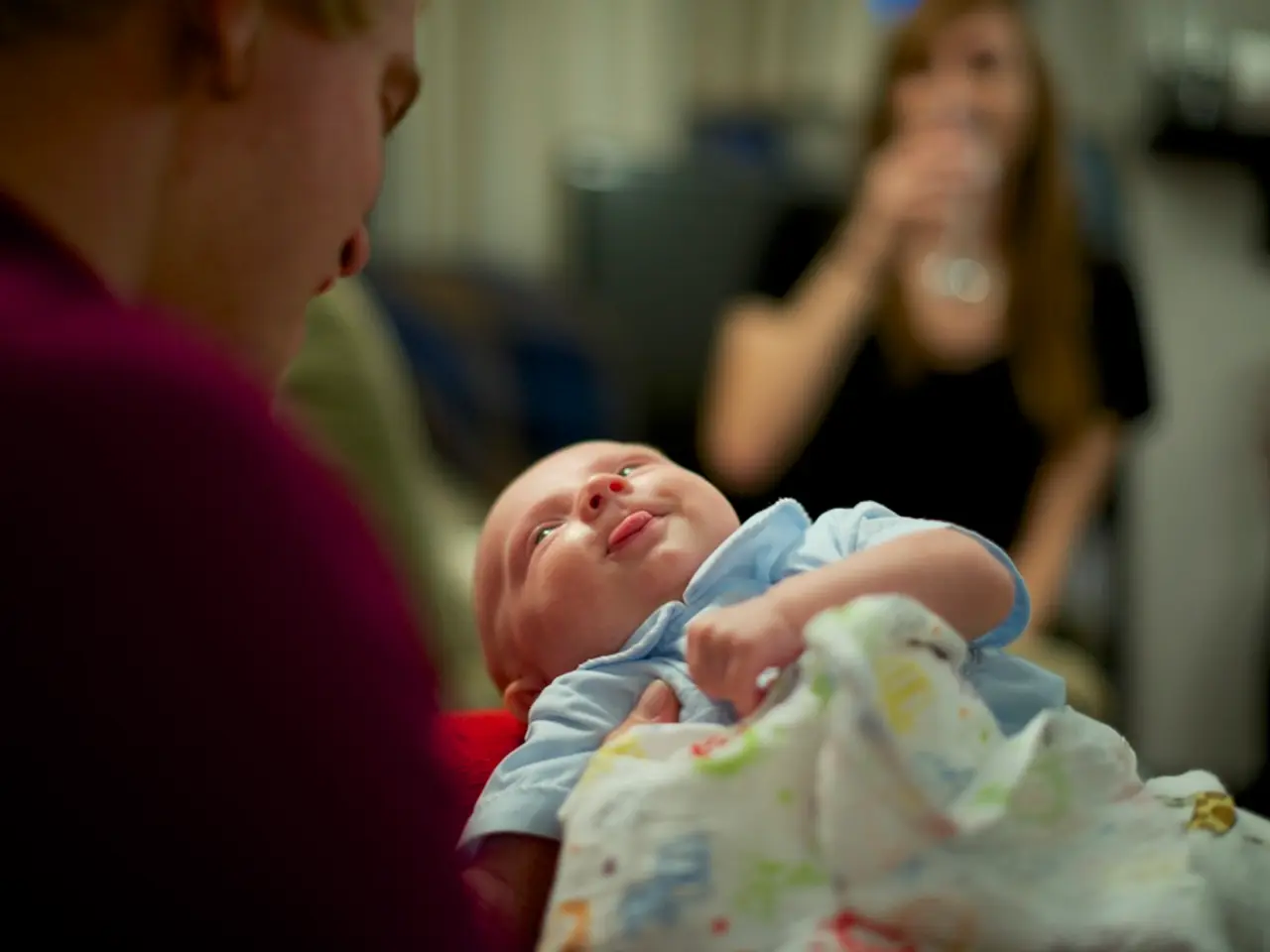Guide to Fertility Support: An Essential Service in Nigeria
Infertility affects approximately 15% of Nigerian couples, a figure higher than the global average of 10-12%. This silent struggle often comes with emotional turmoil, cultural stigmas, and societal pressures, making it a critical issue that requires immediate attention.
Infertility counseling plays a pivotal role in addressing these challenges. It offers a safe space for individuals to express emotions, learn coping strategies, make informed decisions about fertility treatments, and explore alternative family-building options.
However, financial constraints and limited access to affordable counseling services pose significant challenges for many Nigerian couples facing infertility. To address these economic and structural barriers, it is crucial to make infertility counseling more affordable and accessible through government initiatives, training programs, and subsidized services.
Cultural and social norms also present formidable hurdles. Social and cultural pressures, stigma, and gendered expectations about fertility constrain women's willingness and ability to seek counseling or treatment. This includes fear of discrimination and societal blame placed on women for infertility. To challenge these stigmatizing social norms, community education and engagement targeting gender norms and reducing stigma around infertility are essential.
Geographic disparities and disparities based on education and economic status further limit equitable service availability. To ensure that access to infertility counseling is not a privilege but a right, policy integration is key. Embedding infertility counseling and treatment within national public health frameworks alongside family planning services recognizes infertility as a critical reproductive health issue.
Infertility counseling programs should actively encourage the involvement of male partners to strengthen the couple's bond and provide emotional support for both individuals. This approach can help couples communicate effectively, manage conflicts, and support each other throughout their journey.
By addressing these challenges, Nigeria can overcome the hurdles related to infertility counseling. Infertility counseling can provide emotional support, education, psychoeducation, grief counseling, cognitive-behavioral therapy, support groups, and fertility treatment decision-making. It promotes understanding and empathy, reducing discrimination faced by infertile couples.
Choosing a qualified infertility counselor is essential for effective therapy outcomes. Recommendations from trusted sources and thorough research can help find the right counselor.
With these combined efforts, Nigeria can expand access to infertility counseling services, improving psychosocial outcomes for affected individuals and promoting reproductive well-being broadly.
- Parenting might become more challenging for couples dealing with infertility, and seeking support from child development specialists could provide valuable insight.
- A healthy family is built on strong communication and understanding, which can be fostered through parenting classes and education-and-self-development courses.
- As children grow, their mental health becomes a crucial aspect of their well-being, necessitating the need for parents to be informed about the latest science in child psychology.
- To maintain a balanced life, prioritizing fitness-and-exercise, skin-care, and nutrition as a family can lead to improved health and better quality of life.
- Career development is essential for a family's financial stability and overall happiness, making it important for parents to seek guidance and resources in this area.
- Somatic experiences like pregnancy influence the emotional, behavioral, and biological aspects of a woman's life, emphasizing the need for prenatal education and support.
- To foster a safe and nurturing environment for kids, parents must be well-informed about child safety and the importance of creating secure attachments.
- Mental health can significantly impact an individual's ability to cope with adversity and function effectively in daily life, making access to mental health services vital for parents and children alike.
- Building a strong foundation for children's education is essential for their personal growth and future success, requiring parents to stay informed and engaged in their child's educational journey.
- Encouraging open dialogue and emotional sharing about issues related to pregnancy, infertility, and parenting can help families overcome challenges and promote stronger relationships.




